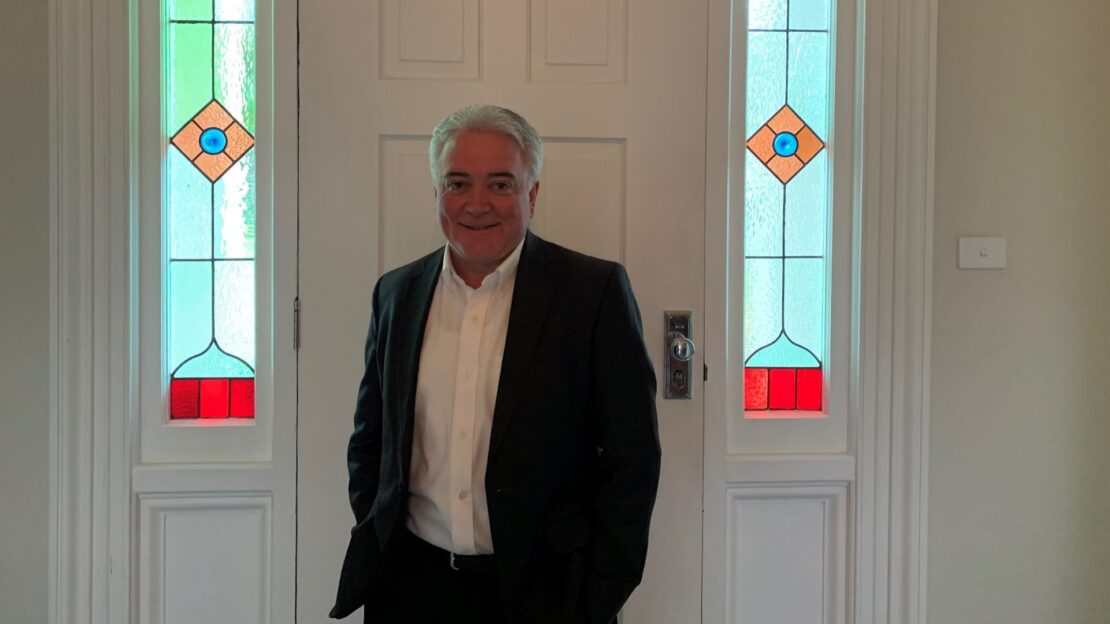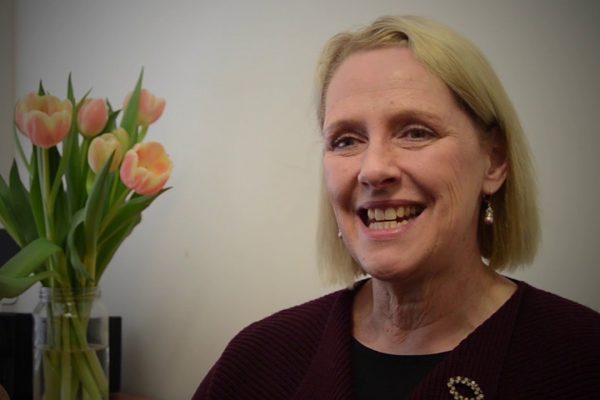Saturday, 11 September marks the twentieth anniversary of the terrorist attack of the World Trade Centre, Twin Towers, in New York. The site is now a memorial for the thousands who were killed in that brutally tragic event. As we know, that event set in motion a swift response of retribution which turned into a very lengthy war in Afghanistan and Iraq as America and its allies sought to pursue the perpetrators of the acts of terror and bring them to justice.
The years that followed have highlighted just how complex are the global relationships between the many fragile human communities across the planet. Disenfranchised (young) men, and occasionally women, have been exploited and often radicalised to join the ranks of those fighting against the West. For many of them, the westoxification of the world becomes a slogan that represents the dominance of the capitalist market system in contemporary culture, turning its back on traditional culture, wisdom and religion. Hence the power of the symbolism of an attack on the World Trade Centre. America and its allies, on the other hand, continue to stand up for the protection of their innocent citizens, their freedom, their freedom of speech, and the right to defend themselves against an aggressive attacker. And of course, it is never as simple as that. There are a million shades of grey in trying to understand exactly what these conflicts have been about as they have reached into every corner of the earth – beyond Afghanistan and Iraq to Bali, New Zealand, France, and many other countries.
The twentieth anniversary of ‘9/11’ provides an opportunity for us to stop and reflect. How can these ongoing conflicts ever be resolved? Is it possible that the diverse human communities that occupy the globe could actually live in mutual respect and harmony? This is certainly a hope of Pope Francis as outlined in his 2020 Encyclical Letter, Fratelli Tutti.
Among other things, in this encyclical, Pope Francis suggests the possibility of social dialogue for a new culture. If we want to encounter and help one another we have to dialogue, he claims. “Unlike disagreement and conflict, persistent and courageous dialogue does not make headlines, but quietly helps the world to live much better than we imagine.” (Fratelli Tutti 98). Pope Francis goes on to say:
“Some people attempt to flee from reality, taking refuge in their own little world; others react to it with destructive violence. Yet “between selfish indifference and violent protest, there is always another possible option: that of dialogue. Dialogue between generations; dialogue among our people, for we are that people; readiness to give and receive while remaining open to the truth. A country flourishes when constructive dialogue occurs between its many rich cultural components: popular culture, university culture, youth culture, artistic culture, technological culture, economic culture, family culture, and media culture”.
Dialogue is often confused with something quite different: the feverish exchange of opinions on social networks, frequently based on media information that is not always reliable. These exchanges are merely parallel monologues. They may attract some attention by their sharp and aggressive tone. But monologues engage no one, and their content is frequently self-serving and contradictory.” (Fratelli Tutti No.99-200)
Pope Francis believes that the “heroes of the future will be those who can break with this unhealthy mindset and determine respectfully to promote truthfulness, aside from personal interest. God willing, such heroes are quietly emerging, even now, in the midst of our society.”
These words are challenging. Can dialogue really provide the way forward in a fractured and polarised global world? Can it move us beyond the ongoing conflicts and tensions that September 11 writ large for the world to see?
If dialogue can offer a way then we will need to seek ways to go about it, nurture it and entrust ourselves to it.
Recently a new education project based on dialogue was launched by a group of international partners including the Catholic University of Leuven. The EDUC8 Project is designed as a project to build resilience in children and young people against radicalisation and polarisation through religious education in secondary school and out-of-school settings. Its approach is to facilitate dialogue between young people of different faiths, cultural backgrounds, and life-stance. It aims at breaking through stereotypes and building strong foundations for young people to understand their own background and worldview and that of others. It aims to build respect, friendship, and understanding between cultures and faiths.
It didn’t make headline news. Projects like EDUC8 and any movements that create a respectful understanding of difference and the possibility to learn from each other can only help to make the world a better place of universal friendship and harmony. Let’s hope and pray on this twentieth anniversary of September 11, that dialogue may flourish and peace reign.
By Fr Brendan Reed
Visit the Vatican website to read Fratelli Tutti
Find out more about the EDUC8 Project




Comments
Add Comment